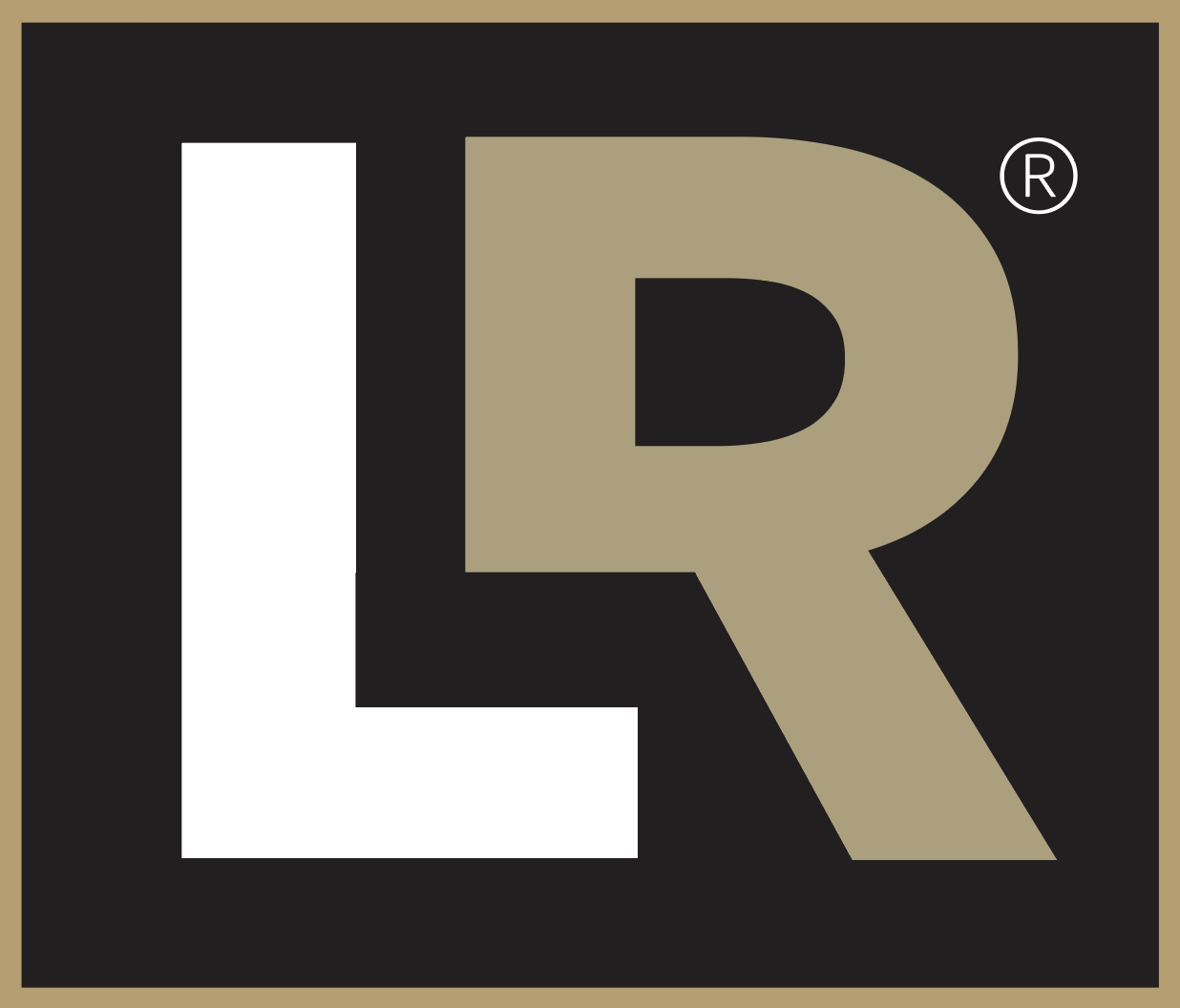How Chapter 13 Bankruptcy Works in Colorado

How Chapter 13 Bankruptcy Works in Colorado
Thousands of people file for bankruptcy in Colorado each year. You may be wondering whether you can eliminate your debt through a Chapter 13 bankruptcy in Colorado. Filing Chapter 13 bankruptcy is a big decision, even if you are potentially facing a Colorado wage garnishment. You are committing to a bankruptcy repayment plan that could last for up to five years. This is why understanding the bankruptcy differences and understanding your Chapter 13 plan payment is crucial to making the most informed decision. Let’s get started.Chapter 13 vs. Chapter 7 in ColoradoDeciding between Chapter 13 and Chapter 7 can be difficult. A typical no-asset Chapter 7 bankruptcy in Colorado can be completed quickly. Chapter 7 cases cost less than a Chapter 13 case. However, you must meet income requirements to receive a bankruptcy discharge (debt forgiveness) under Chapter 7. Also, if bankruptcy exemptions do not protect all the equity in a piece of property, then some of your property could be sold by a Chapter 7 trustee.Under Chapter 13 bankruptcy in Colorado, you can keep your property by paying a little more to the Chapter 13 trustee each month. You can also catch up on back mortgage payments and car payments to avoid foreclosures and repossessions. Some debtors can lower car payments in a Chapter 13 plan. Through a Chapter 13 plan, you can combine debts into a monthly payment that you can afford. Before you rush to file Chapter 13, it is wise to consider some of the other aspects of Chapter 13.Calculating Colorado Chapter 13 Plan PaymentsYour Chapter 13 plan payment in Colorado depends on your unique financial situation, which is why we build a Colorado Chapter 13 Plan Payment calculator below that you can use to estimate your Chapter 13 plan payment. The cost to file bankruptcy in Colorado includes a filing fee and other fees.How much will your Chapter 13 plan payment be?It depends.It can depend on numerous factors such as your assets, how much disposable income you have, the type of debts you have and potentially even your recent financial transactions. For example, if you have child support in arrears, you may have to catch up on those payments in the Chapter 13 plan. Colorado Bankruptcy Means TestBefore filing bankruptcy, you must complete a Means Test. The Colorado Means Test calculates your average monthly income based on the six months before filing a bankruptcy petition. Your average monthly income determines your annual median income.Your annual median income must be below the Colorado median income to qualify for a bankruptcy discharge under Chapter 7.
 Man in suit showing empty hands; image by Jacek Dylag, via Unsplash.com.
Man in suit showing empty hands; image by Jacek Dylag, via Unsplash.com.

About Benjamin Tejes
Benjamin Tejes is the Co-Founder and CEO of Ascend, a free resource with bankruptcy and debt relief calculators to help people understand their bankruptcy and debt relief options with unbiased information. His passion to help people get and stay out of debt started in his childhood when he saw firsthand the effects of the stress of debt. When he's not working, Benjamin enjoys going on adventures with his wife and four young daughters in the Bay Area, California.
